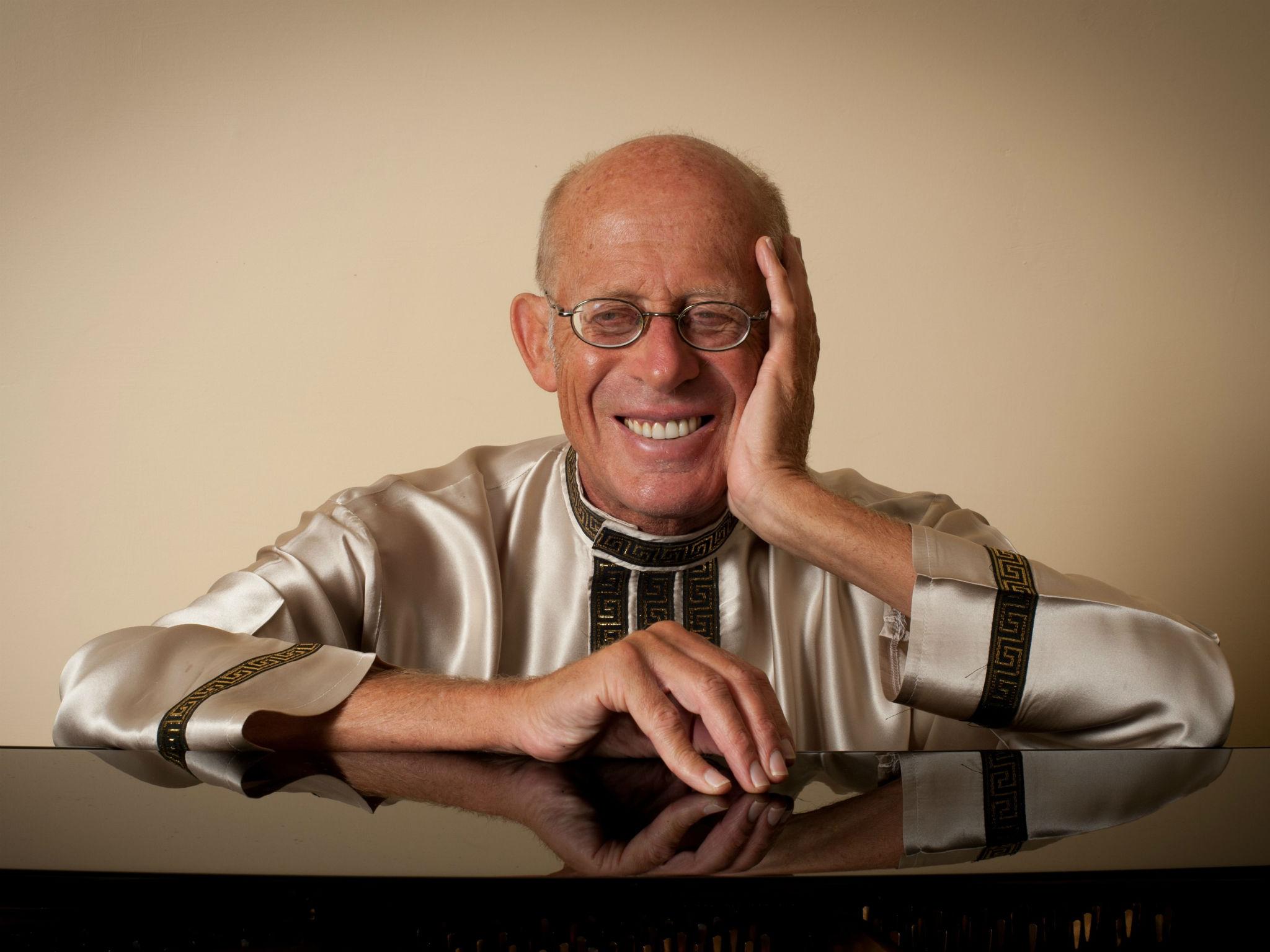David Helfgott, Barbican, London, review: He’s harnessed his demons, and now plays like a proper concert pianist
The Australian pianist rose to prominence in the 1996 film ‘Shine’, in which Geoffrey Rush played the child prodigy batting with schizophrenia

Your support helps us to tell the story
From reproductive rights to climate change to Big Tech, The Independent is on the ground when the story is developing. Whether it's investigating the financials of Elon Musk's pro-Trump PAC or producing our latest documentary, 'The A Word', which shines a light on the American women fighting for reproductive rights, we know how important it is to parse out the facts from the messaging.
At such a critical moment in US history, we need reporters on the ground. Your donation allows us to keep sending journalists to speak to both sides of the story.
The Independent is trusted by Americans across the entire political spectrum. And unlike many other quality news outlets, we choose not to lock Americans out of our reporting and analysis with paywalls. We believe quality journalism should be available to everyone, paid for by those who can afford it.
Your support makes all the difference.For those who have forgotten or are too young to remember, David Helfgott was the Australian pianist catapulted to fame by the 1996 film Shine, in which Geoffrey Rush memorably incarnated the tangled story of his life.
Helfgott was a child prodigy whose career was cut short by schizophrenia; after a decade off the rails, he was saved by the love of a good woman, and was taught not only how to live with his disorder, but also how – with astute management – to turn it to financial advantage. I was one of just two London critics who wrote sympathetically about his controversial South Bank recital to launch the film; the others sang a sneering chorus of disapproval.
But it seemed perverse not to be kind, for behind his weird mannerisms lay poetry in his playing. Twenty years on, he’s back. Any fears this might be a freak show were dispelled from the start: he’s harnessed his demons, and now plays like a proper concert pianist. Chopin’s first Ballade was accompanied by an excited “woo” at climactic moments, but that was no more intrusive than Glenn Gould’s humming, and the momentum and character of the piece was unaffected.
He then rose to the virtuoso challenge of three big Liszt pieces, pausing only to bestow kisses and handshakes on adoring members of the audience, most of whom, it’s safe to assume, were devotees of the film.
The finale was a two-piano arrangement with Rhodri Clarke of Rach Three, exhilarating and smart as a whip. After three encores – starting with a high-octane delivery of Khachaturian’s Sabre dance – the evening dissolved into a love-in between performer and audience. And why not? This man, who has just turned 70, has come through exceptionally difficult trials with his sunny nature intact and his talent brightly burnished. He’s a life force, and people draw strength from him.
Join our commenting forum
Join thought-provoking conversations, follow other Independent readers and see their replies
Comments